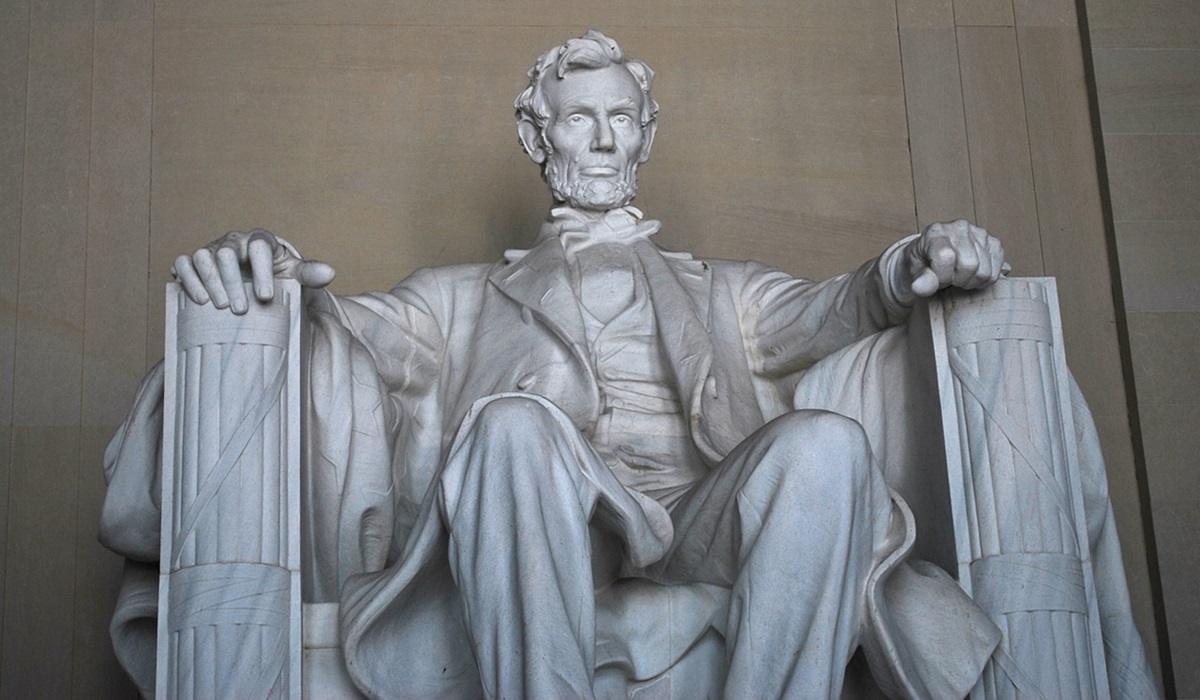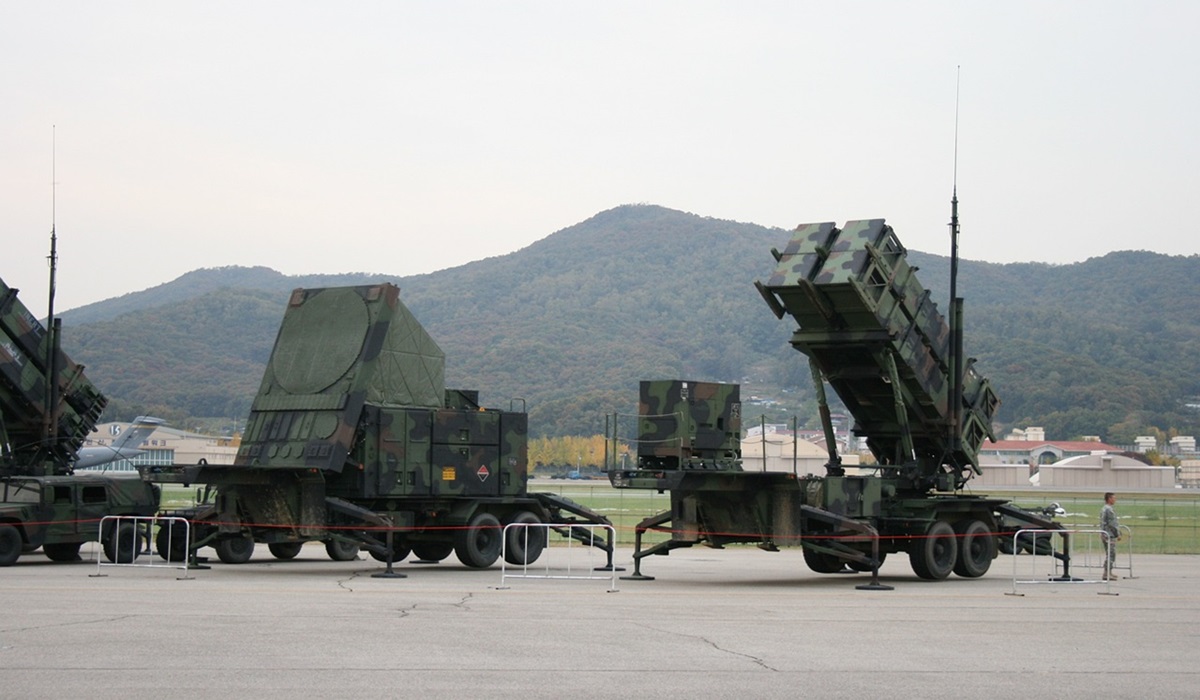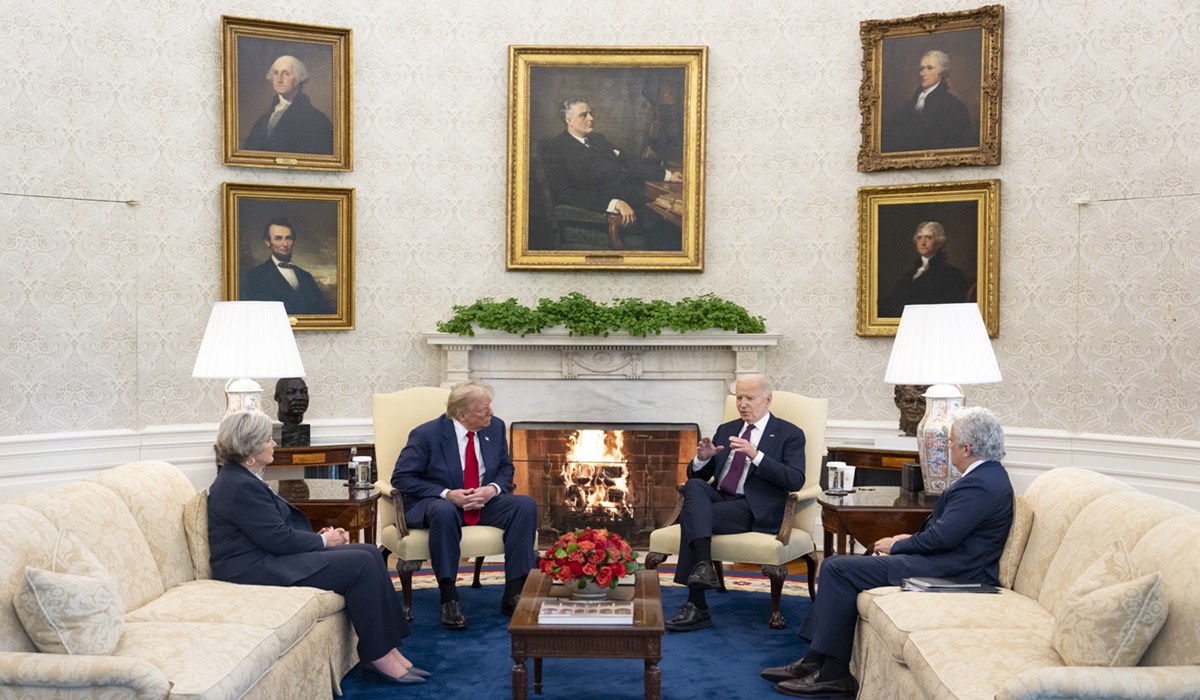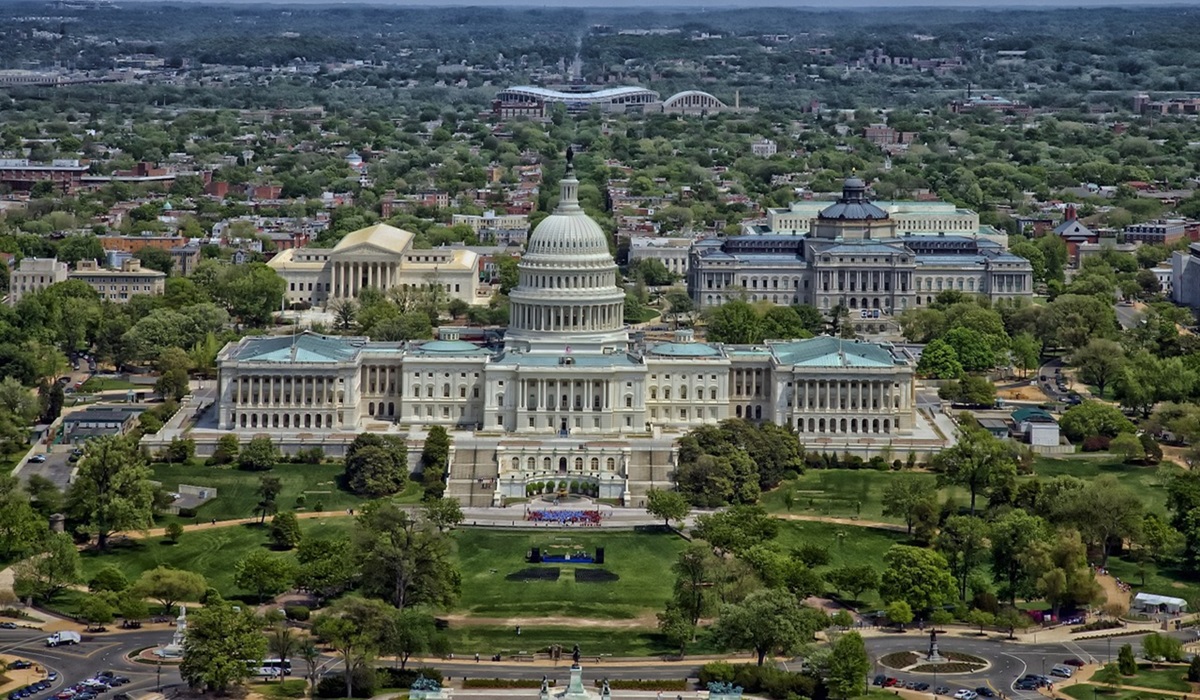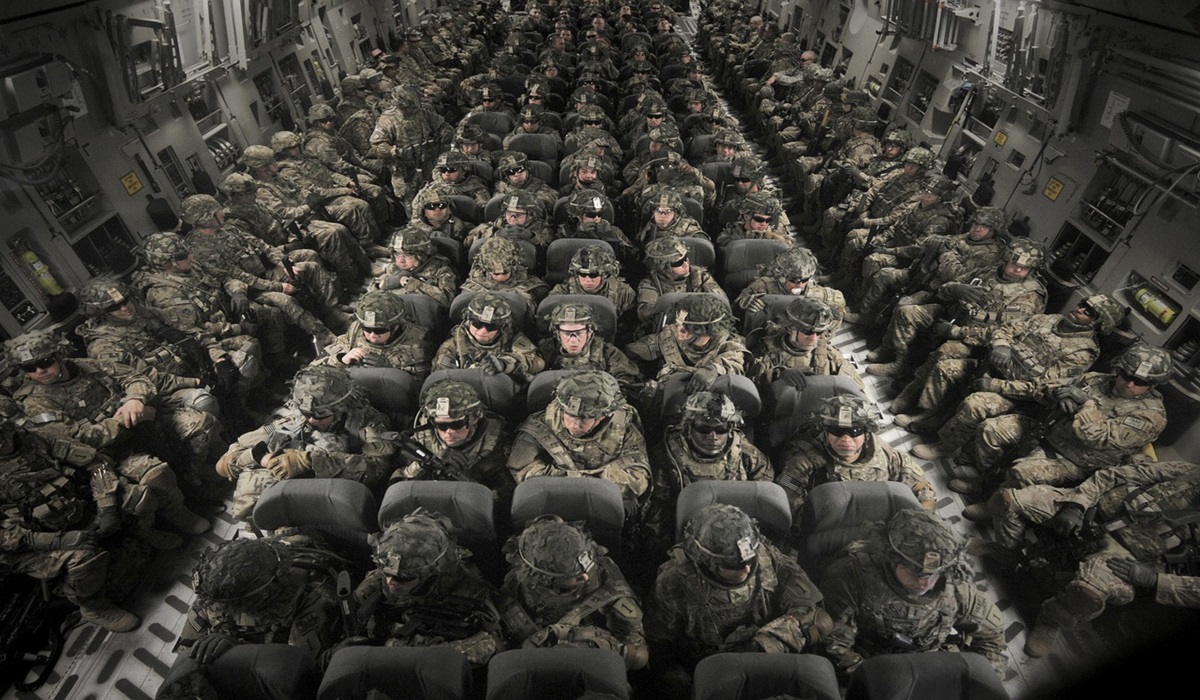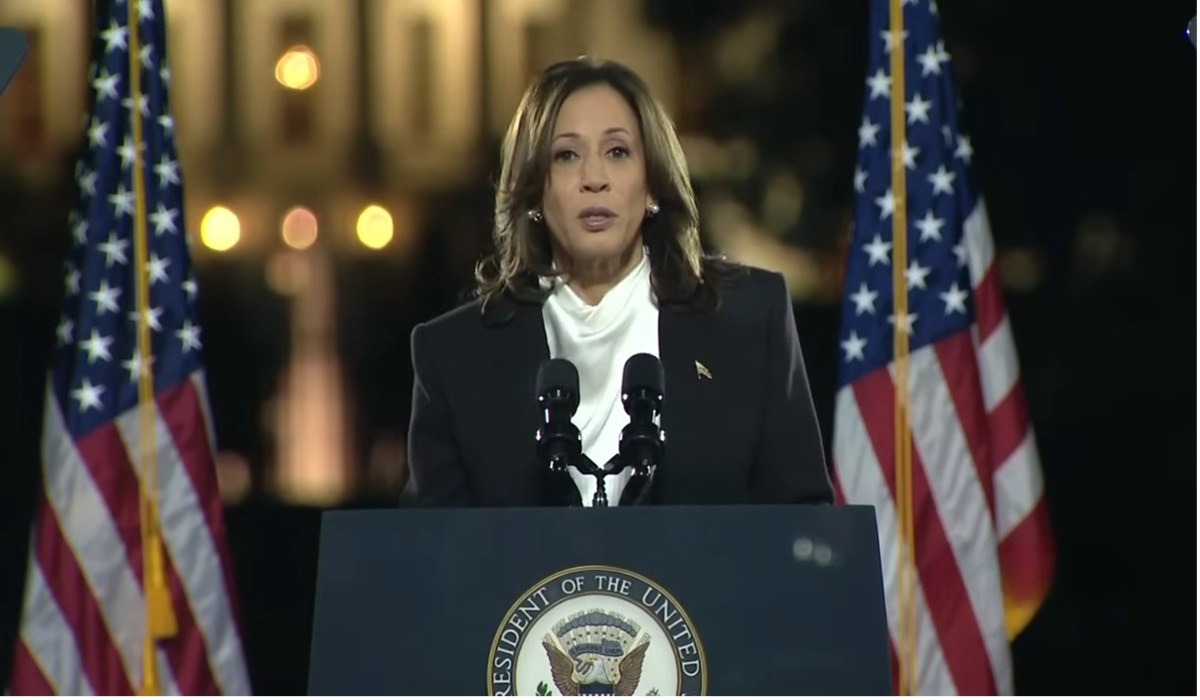Image Credit, PublicDomainPictures
Donald Trump has been elected once again, returning as the president-elect in a moment that’s split the nation. His re-election has ignited debates across households, communities, and political circles. And Lincoln’s timeless words echo loudly: “Elections belong to the people. It’s their decision. If they decide to turn their backs on the fire and burn their behinds, then they will just have to sit on their blisters.” This choice, once again, belongs to the voters, who have placed the country in familiar yet uncertain territory.
Trump’s first term brought radical shifts to the political landscape, challenging norms, reshaping alliances, and creating an environment marked by frequent controversy and volatility. For some, his governing style—a combination of bold moves and rhetorical punches—was exactly what they felt the country needed. For others, the Trump era was a period of unprecedented division, exacerbating social tensions and economic uncertainty. Now, with his return, these divided perspectives will again be tested in a time marked by lingering economic challenges, environmental crises, and domestic unrest.
For those who hoped the country would turn a page, Trump’s re-election feels like another dance with fire. His critics argue that, in returning him to office, voters risk reigniting the national divisions that emerged in his first term. Supporters, however, are looking for a leader who speaks directly to their frustrations with a government they feel ignores them. Reflecting Lincoln’s warning, some see this moment as America again testing the fire, risking consequences that will mark the national conscience for years to come.
So, what could the second Trump administration look like? With fewer political constraints and the experience of his first term behind him, Trump might pursue his agenda more intensively. His determination to place loyalists in key positions could allow him more freedom to implement divisive policies. Critics fear a more emboldened, vengeful administration, potentially driving further instability. If the country has “blisters” from the past, they may become more severe as Trump steps into a second term with little incentive to court a more centrist approach.
But it’s worth asking: could Trump have learned from the past? Even those skeptical of him might wonder if he’ll approach this opportunity differently. Perhaps he’s realized the importance of consensus-building or that governing requires stability. The nation has faced hard lessons since his last term, and it’s possible he has, too. As unlikely as it may seem, there’s a sliver of hope that, having won re-election, he might turn his focus to healing and progress rather than division.
Lincoln’s words remind us that elections are a choice and that, in democracy, the consequences of those choices fall to the people. Trump’s re-election is a crossroads: it might either heal old wounds or deepen them, depending on the path he chooses. But America will soon see whether this choice marks a new chapter of progress or, as Lincoln warned, a decision that ultimately leaves the nation blistered and waiting for something better.

